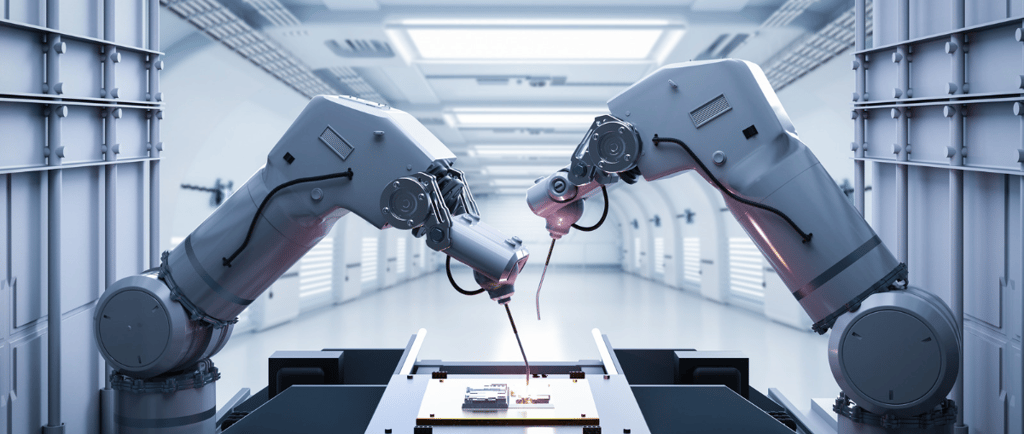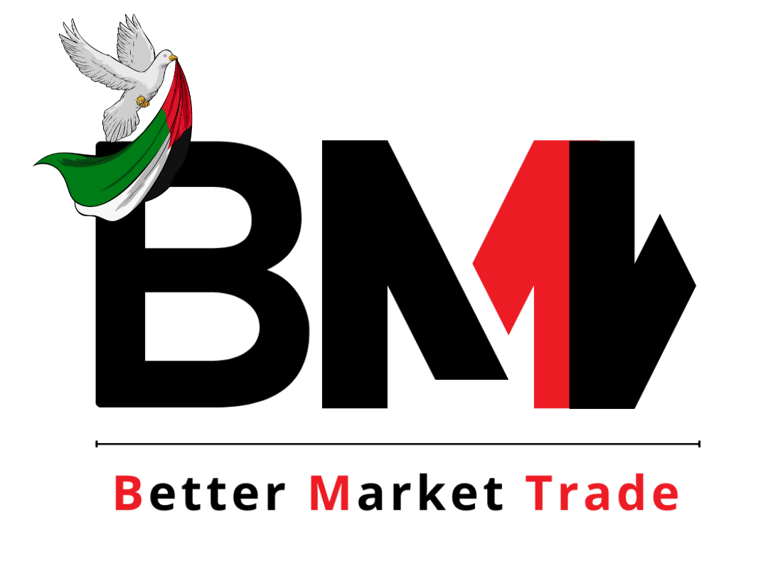The Future of Manufacturing: Industry 4.0 and the Rise of Automation
"The manufacturing industry is on the cusp of a new era of automation and digitalization with Industry 4.0. In this blog, we explore the benefits of this new wave of innovation and the rise of automation in manufacturing."


The manufacturing industry has always been at the forefront of technological innovation. From the Industrial Revolution to the present day, manufacturing processes have evolved to become faster, more efficient, and more cost-effective. However, the latest wave of technological innovation promises to revolutionize manufacturing in ways that were previously unimaginable. This blog post will explore the future of manufacturing and the rise of Industry 4.0, the latest phase of the Industrial Revolution, which promises to usher in a new era of automation and digitalization.
What is Industry 4.0?
Industry 4.0, also known as the Fourth Industrial Revolution, refers to the current trend of automation and data exchange in manufacturing processes. This trend is characterized by the integration of physical and digital systems, the use of the Internet of Things (IoT), and the widespread adoption of artificial intelligence (AI) and machine learning (ML) technologies.
The goal of Industry 4.0 is to create "smart factories," where machines and devices can communicate with each other and with human operators in real-time. This allows for greater efficiency, flexibility, and customization in manufacturing processes, as well as improved quality control and predictive maintenance.
The Rise of Automation
Automation is at the heart of Industry 4.0. By automating repetitive and dangerous tasks, manufacturers can reduce costs, increase efficiency, and improve worker safety. Automation can also enable greater customization and flexibility in manufacturing processes, allowing manufacturers to produce smaller batches of products and respond more quickly to changing market demands.
There are several types of automation that are currently being used in manufacturing, including:
Robotic automation: Robots can perform a wide range of tasks, from assembling products to transporting materials. They can work 24/7, without breaks or vacations, and can be programmed to perform complex tasks with great precision.
Autonomous vehicles: Autonomous vehicles, such as self-driving forklifts, can transport materials and products around the factory floor without human intervention. This can improve efficiency and reduce the risk of accidents.
Machine learning and AI: Machine learning and AI technologies can be used to analyze data from sensors and other devices to identify patterns and make predictions about machine performance. This can enable predictive maintenance, where machines are serviced before they break down, reducing downtime and maintenance costs.
The Benefits of Industry 4.0
Industry 4.0 promises to deliver numerous benefits for manufacturers, including:
Improved efficiency: Smart factories can operate more efficiently, with reduced downtime and fewer errors.
Greater customization: Manufacturers can produce smaller batches of products and respond more quickly to changing market demands.
Improved quality control: Smart factories can monitor quality in real-time, identifying and correcting issues before they become a problem.
Reduced costs: Automation and other Industry 4.0 technologies can reduce labor costs and increase efficiency, leading to lower production costs.
The Future of Manufacturing
The future of manufacturing is bright, thanks to the rise of Industry 4.0 and the increasing use of automation and digitalization technologies. Smart factories are becoming more common, and manufacturers are embracing new technologies to improve efficiency, reduce costs, and deliver high-quality products. However, the transition to Industry 4.0 is not without its challenges. Manufacturers must invest in new technologies and equipment, as well as retrain their workers to operate and maintain the new systems. Nonetheless, the benefits of Industry 4.0 far outweigh the challenges, and manufacturers that embrace the new technologies will be well-positioned to succeed in the future.
